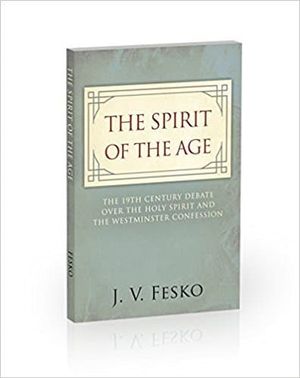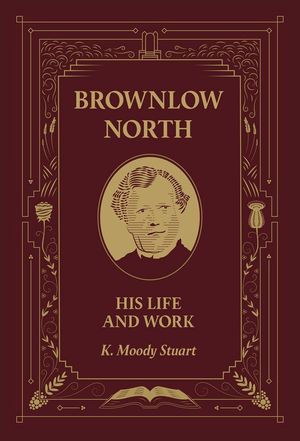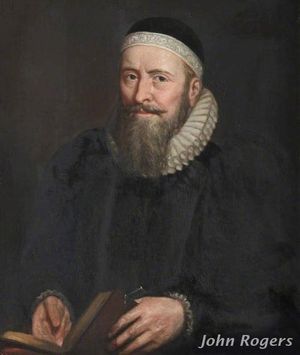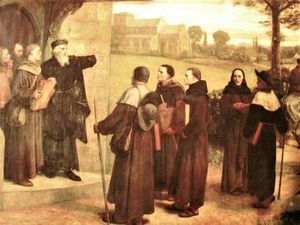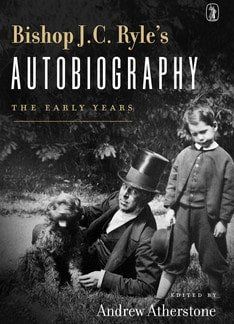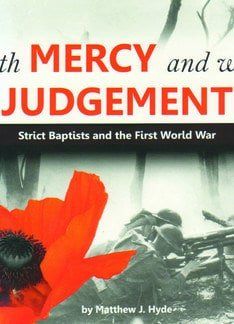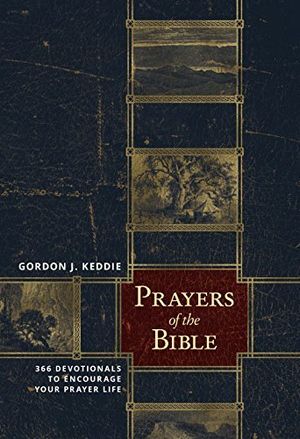In the late nineteenth century, mounting pressure developed among churches adhering to the Westminster Confession of Faith (WCF) for a revision of some of its statements. In the USA, this was led by C. A. Briggs and Philip Schaff.
Briggs’ antipathy extended across the WCF’s teaching on God, the Trinity, creation, anthropology, Christology and sin. The strategy was also to modify the WCF in such a way that it had no chapter on the Holy Spirit.
Professor Fesko points out that this charge was based on a superficial view of the WCF’s contents, but it was a frivolous accusation. Careful study of the WCF reveals no fewer than 39 significant doctrinal references to the Holy Spirit and his work. These are helpfully listed in Appendix 1.
The WCF is, in fact, a body of divinity through which the doctrine of the Holy Spirit flows like a living stream. The Westminster divines inherited and developed a rich tradition of exposition of this theme. It went back to the early church through the Church Fathers and medieval times. It was also developed by the Reformers and further elaborated by the Puritans.
The tradition inherited by the divines of Westminster linked teaching on the Holy Spirit to Christology. Fesko writes: ‘We find that they echo earlier patristic and medieval themes, such as the Spirit’s work in the incarnation of Christ, as well as his role in Christ’s office as mediator’ (p.65). They were not embarrassed to state that ‘the Lord Jesus in his human nature thus united to the divine, was sanctified and anointed by the Holy Spirit above measure’ (WCF 8:3, italics mine). Fesko provides us with a significant quotation from Thomas Goodwin illustrating and justifying the use of the term ‘sanctify’ on pages 66-67. This quotation deserves careful study.
From the fulness of the Spirit in Christ, his work is extended to all Christ’s members. The promise of the Father comes to men and women through Christ and only through Christ, a teaching that Briggs was to oppose.
The opponents of the WCF isolated the work of the Holy Spirit from Christ and gave it a detached place in their teaching. This suggested that the activity of the Holy Spirit was not necessarily linked to the preaching of the gospel. They believed that Christian doctrine had evolved since the seventeenth century and was not yet final.
Fesko suggests that the atmosphere in which the critics were working was pervaded by newly-accepted ideas on evolution and by growing speculation about the Holy Spirit shortly to be expressed in Pentecostalism. He probes the roots of this philosophy and suggests that, while the critics were accusing the Westminster divines of mediaeval modes of thinking, elements of their own teaching can be seen in the speculations of a mediaeval mystic, Joachim of Fiore.
This lucid and scholarly work should not be dismissed as an account of an obscure and now forgotten domestic problem of American Presbyterianism. The objections raised by Briggs, Schaff and their associates are still heard and can also be made against the teaching of The Savoy Declaration of Faith of the Independents and the Baptist 1689 Confession of Faith, both of which rest heavily on the work of the Westminster Divines.
Professor Fesko’s work deserves wide circulation and study. My only criticism is its lack of an index.
Robert W. Oliver
Bradford on Avon

